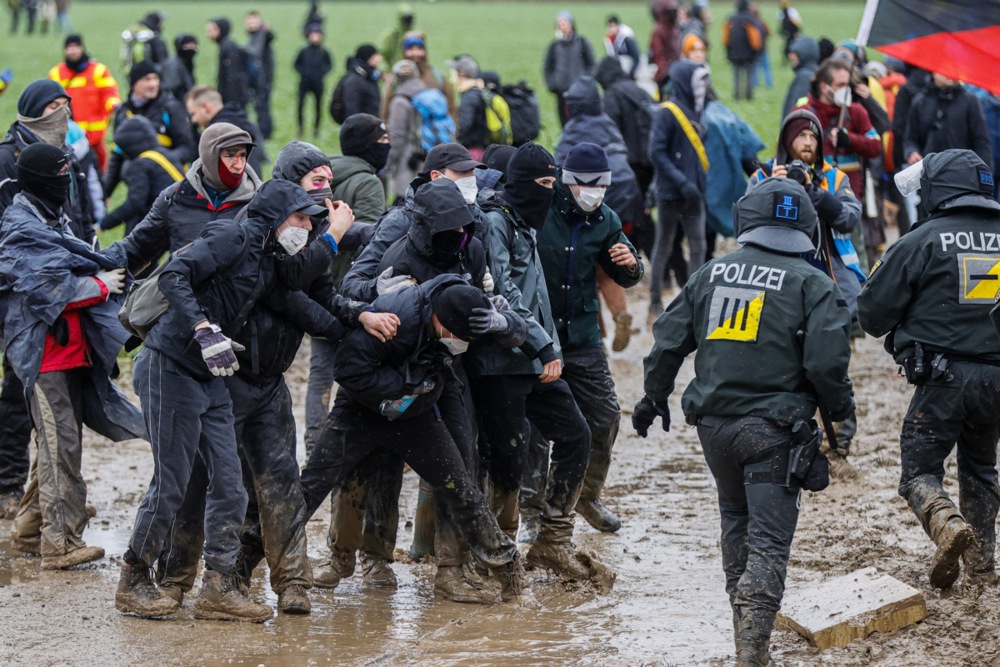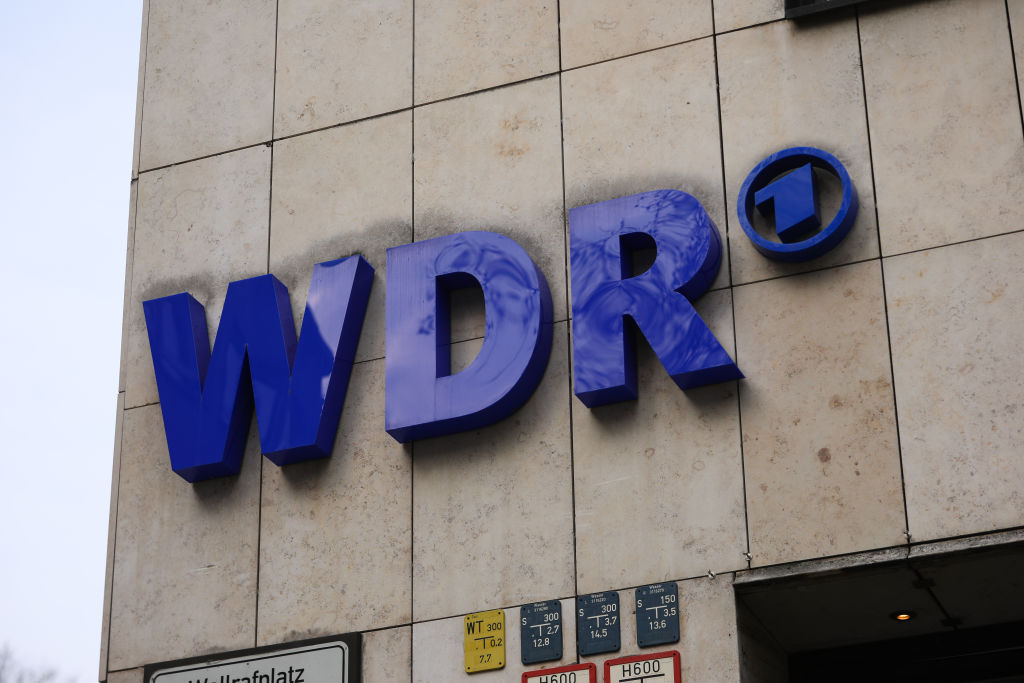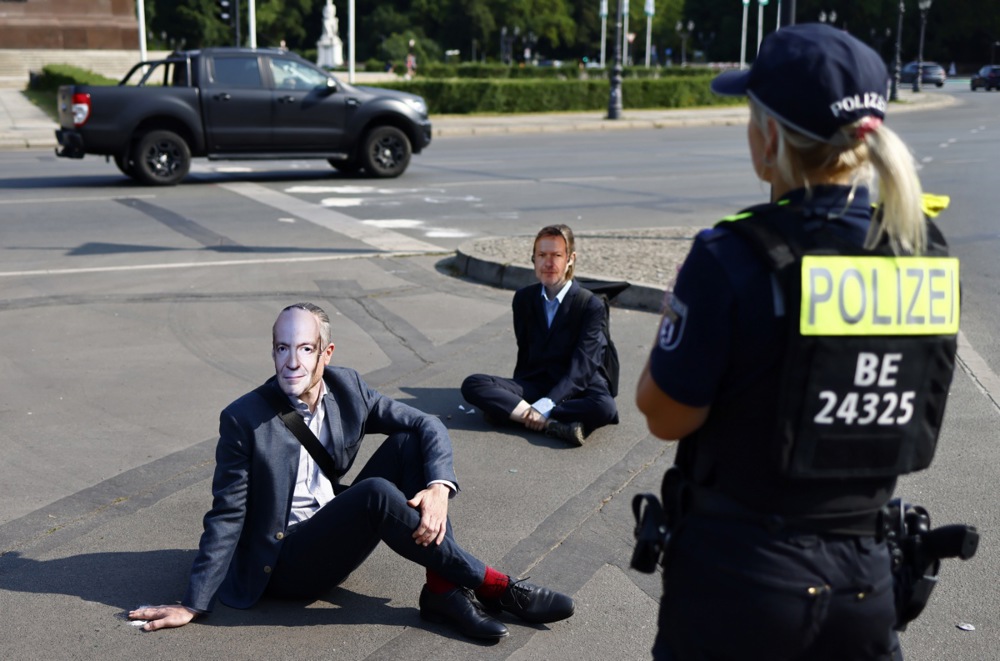Police in Germany’s most populous federal state are planning to stockpile vegan and lactose-free rations in preparation for coming electricity blackouts, multiple reports have indicated.
Fears regarding prolonged power outages have been plaguing the country since the start of the Russian war with Ukraine, with police in North-Rhine Westphalia now said to be preparing for a looming energy crisis.
According to an article in Bild, police in the state have launched a tender for “150,000 emergency sets consisting of bars/biscuits, rye bread and strawberry jam” for the purpose of feeding officers during a potential days-long blackout.
Authorities require such rations to be suitable for vegans and people who are lactose intolerant, and the products must have a shelf-life of at least 10 years.
The North-Rhine Westphalia force is also seeking a further 60,000 units of “emergency food in compact bar/biscuit form” for its officers.
“A ration must cover the daily energy requirement of at least 1,500 Kcal [kilocalories],” the tender reads, adding that the shelf-life for these kits must be at least 15 years.
Speaking to German media, police authorities in North-Rhine Westphalia confirmed the rations were being stockpiled in case of a long-term blackout and that they were sourcing two different types of rations to “to cater for all users, regardless of intolerance”.
Stockpiling attempts in the state appear to indicate that authorities in Germany are still concerned about the possibility of major energy blackouts.
Many feared that such electricity and gas outages were going to occur last winter thanks to a serious reduction in Russian fossil fuel exports to Europe.
An unseasonably mild winter across the bloc seemed to help avert disaster, with federal ministers having since expressed confidence that Germany will be able to make it through coming winters unscathed.
More recent reporting has cast doubt on such optimism, with the government now pushing for the construction of 50 more gas power plants to alleviate the strain on wind and solar sources.
The government believes that such plants will need to be built using public funds as they are expected to be unprofitable due to the overall nature of Germany’s “green” transition.
Being publicly funded means that the European Commission will need to grant Germany approval to go ahead with the plan, something it has been hesitant to do.
German climate minister Robert Habeck has insisted that the two parties are close to a “breakthrough” on a deal that will enable the plants to be built.





